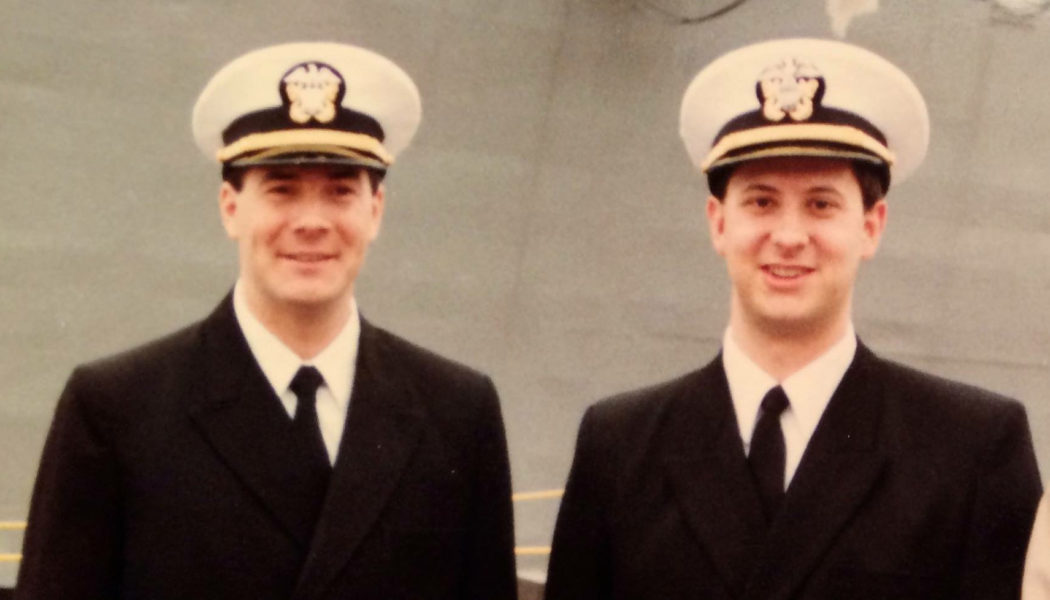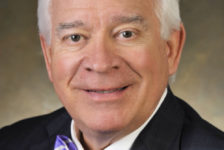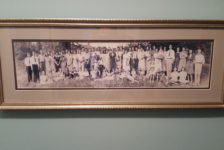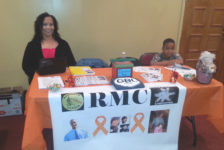It was July 1, 2010. After more than a week in the hospital, my husband Rick was glad to be headed home, even if home wasn’t very familiar to us yet. As he got into the car, he turned to me and said, “D-Day.”
I looked at him quizzically, trying to figure out what he was talking about. We were coming up on the Fourth of July, and D-Day was at least a month earlier. Rick buckled his seatbelt and said, “D-Day. June 25. D-Day.”
June 25. That was the day we found out. The day we learned that the agonizing pain he was in the night before was not caused by kidney stones but instead by a large mass in his kidney – one that had already metastasized throughout his body.
“Oh”, I said. “D-Day. Diagnosis Day.”
My military man—the one who has read every Stephen Ambrose book and countless other real-life accounts of the survivors of the original D-Day on the beaches of Normandy during World War II—shook his head.
“No,” he said. “The boys in the boats, they knew they were headed into hell. Most knew they’d never survive the beach, never see the dawn that day. They knew they were dead going into the day.”
Rick went on to explain that those who did survive never forgot that day.
“Most of the soldiers interviewed later said it was a day of demarcation. They died that day on the beach. Every day after was a gift. Those soldiers never forgot how lucky they were to wake up in the morning, to live another day.”
I asked how that related to him. My military man replied, “June 25, 2010. That was my D-Day. When the doctor told me I had stage IV kidney cancer, the old me died. I don’t know how many more days I’ll get to wake up, but I promise you I won’t forget, and I won’t stop trying to get up and appreciate the fact that I get one more day.”
Richard “Rick” Loucks (03/27/63 – 09/24/15) worked for the U.S. Army and served in the U.S. Naval Reserves, studied military strategy, and dreamed of being a Navy Pilot. In the photo above, Rick is the handsome one with the dark hair on the left. He and his best friend, Frank, were sworn into the reserves together. Rick taught his son to salute and left an undying memory in the minds of all who met him. He woke up and seized the day 1,918 times following his D-Day. His determination, will and fortitude earned him a place beside those men who survived D-Day. It remains a guidepost for all of us who loved him and for the entire patient community that continues the fight.
Help us arm our spouses, our families, our friends and our community with the treatments that can carry us from the beach onto victory and a cure. Please donate to KCCure to help us fund the kidney cancer research that can make those treatments a reality.









